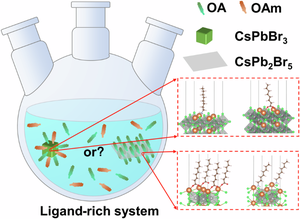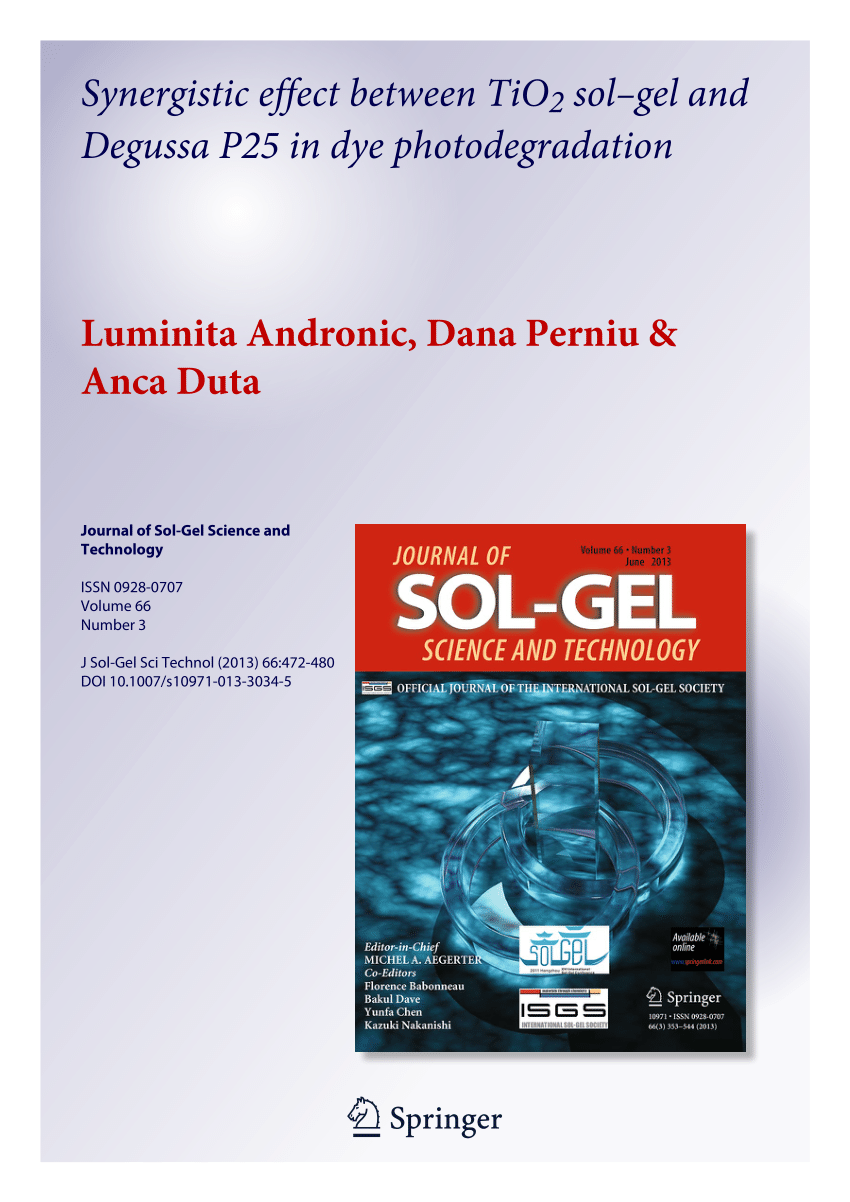Colloidal CsPbBr3 perovskite nanocrystals have attracted much attention due to their unique physical and chemical properties. As an important factor to control the crystalline phase and morphology of perovskite, the mechanism of the action of the crystal surface ligands, however, still remains unclear. In this work, the variation of the crystalline phase and morphology with reaction time in the conventional hot injection method was studied, and the ligands on various crystals were characterized. Based on above work, a hot injection process with various ligand-rich system was proposed. Oleic acid (OA) and oleylamine (OAm) were employed to replace octadecene (ODE) as the solvent. The relationship between OA/OAm ratio and the composition and structure of the product was studied, and a variety of perovskite structures with different components, crystalline phases and morphologies were obtained. Moreover, the binding modes between ligands and surfaces of different perovskite nanocrystals were further explored by using first-principles simulation. This work helps further understand the role of OA, OAm and other ligands in perovskite nanocrystal formation and proposes an approach for the controlled synthesis of perovskite nanocrystals.
This manuscript gives the ligand-rich system to precipitate various types of perovskite nanocrystals by controlling OA/OAm ratios. Experimental results such as FTIR spectra and NMR spectra reveal that certain functional groups have its own binding modes and binding affinities with the structural surfaces, resulting in different perovskite nanocrystals, which was confirmed by first principles simulation.




